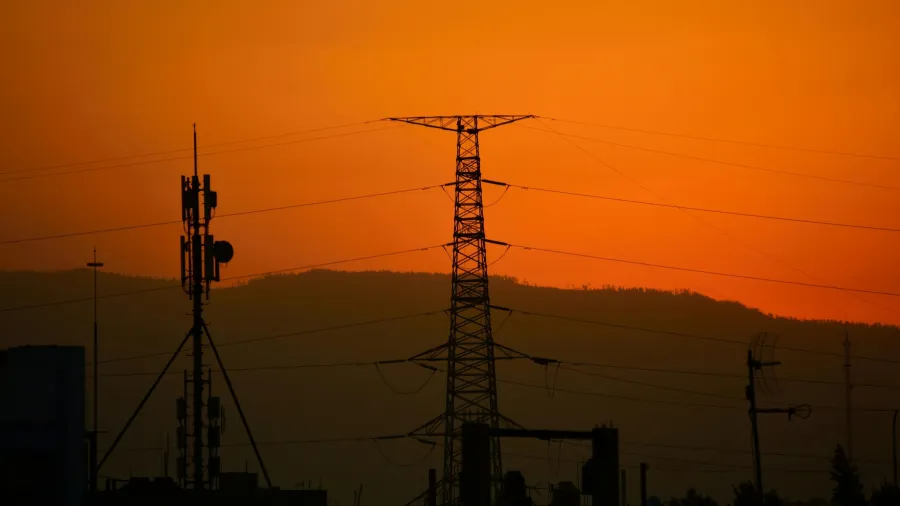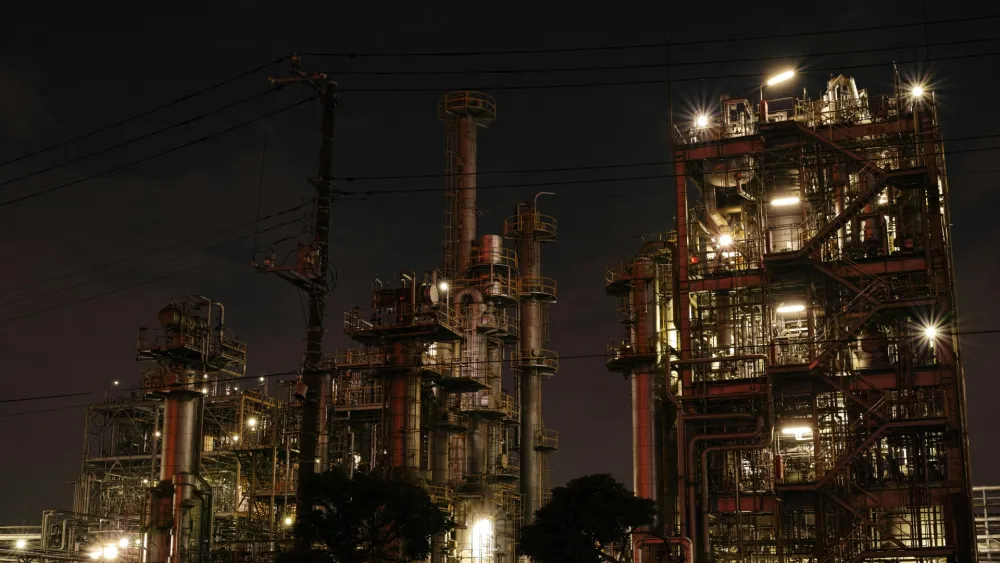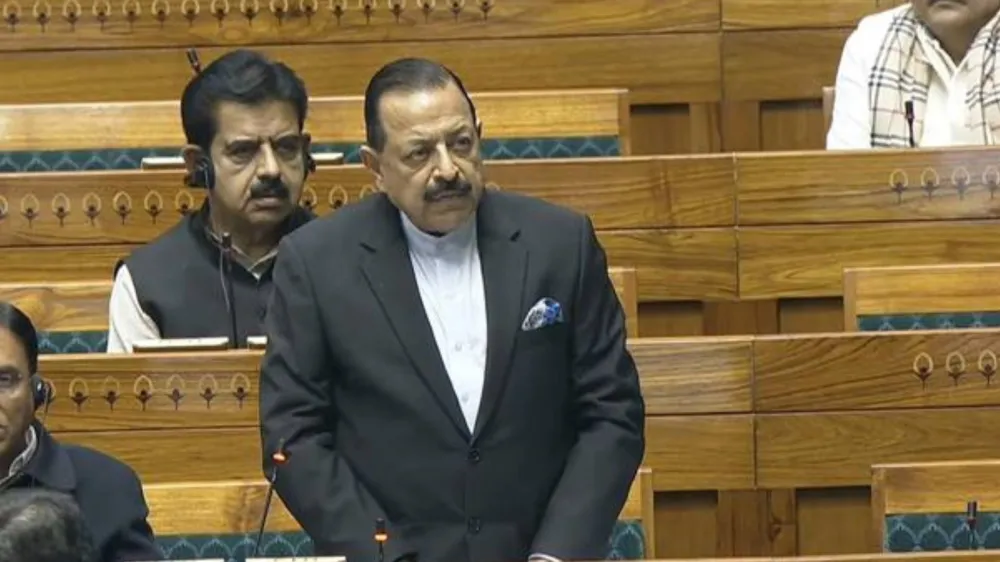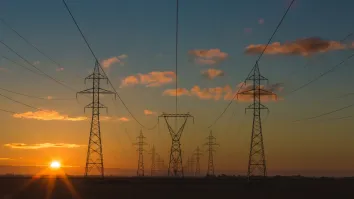
Pakistan's solar growth requires policy fine-tuning: IEEFA
Debates over existing policies are ongoing amidst the rise in rooftop solarisation.
The decline in solar panel prices has driven a surge in rooftop solar installations in Pakistan, but this growth has raised concerns among power distribution companies about grid reliability and increased costs for non-solar users, the Institute for Energy Economics and Financial Analysis (IEEFA) said.
According to the IEEFA report entitled "The future of net-metered solar power in Pakistan," the government is studying several reforms, including reducing buyback rates, and transitioning from net metering to net billing, amidst this surge.
With the current net metering rules, excess solar power can be sold back to the grid at the National Average Power Purchase Price, which is currently $0.0968/kilowatt-hour (PKR27/kWh). Smaller systems that range between 5-7.5 kilowatts (kW) have longer payback periods (2.4-4 years), whilst larger systems at 25kW have shorter payback periods (1.74 years).
Syed Faizan Ali Shah, the report co-author and an energy expert, said “lowering the buyback rate to PKR15/kWh [$0.0537/kWh] would still offer reasonable payback periods, under five years, for most cases.”
“It would only extend the payback period of consumers with 100% self-consumption by 6%,” he added.
The IEEFA report also showed that net metering is especially beneficial for mid-sized systems, like a typical 10 kW installation, particularly for those who use a significant portion of the electricity they generate.
Whilst the proposed shift to net billing could lengthen payback periods for consumers with a higher self-consumption ratio, it may also encourage the installation of oversized systems as consumers seek to maximise returns and minimise payback periods, IEEFA said.
“Combining a reduced system limit with a net billing regime could discourage the installation of oversized systems whilst promoting the shift toward hybrid systems with battery energy storage,” said Haneea Isaad, Energy Finance specialist at IEEFA.
To improve grid oversight, IEEFA recommends investing in performance monitoring systems. For consumers, the ultimate goal should be self-sufficiency in electricity generation, which can be achieved through battery energy storage solutions, especially as net metering incentives decline.
$1 = PKR278.89



















 Advertise
Advertise







